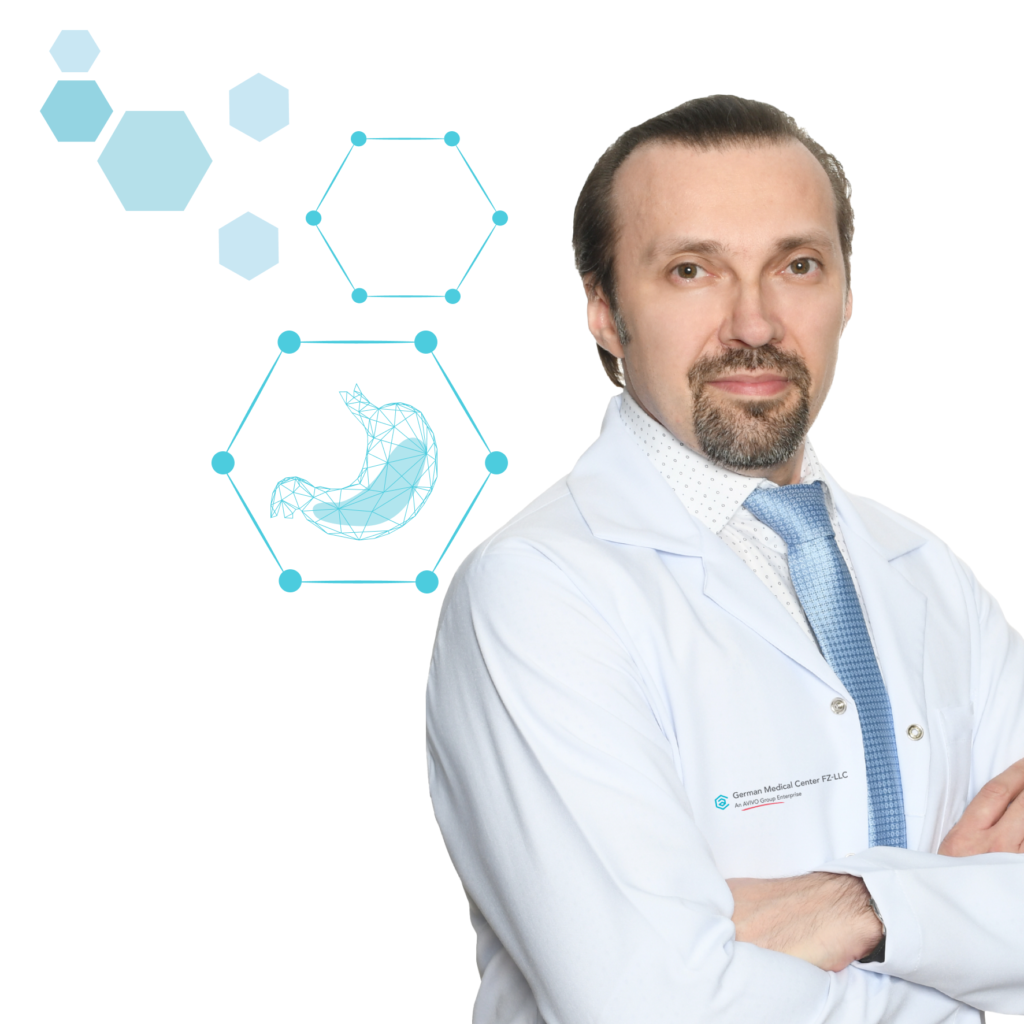
Dr. Sebastian Cuzincu
Gastroenterology and Internal Medicine
Stomach cancer, also known as gastric cancer, can cause a range of symptoms. However, it's important to note that not everyone
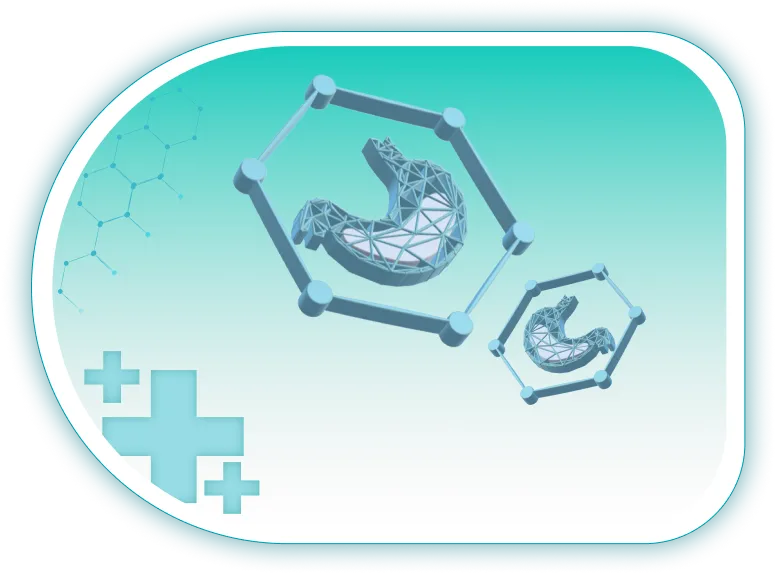
As one of the most common types of cancer worldwide, stomach cancer, also known as gastric cancer or intestinal gastric cancer, affects thousands of people every year. If you or a loved one has been diagnosed with this disease, it’s important to understand the available treatment options and seek out the best medical care possible.
At German Medical Center, we offer comprehensive gastrointestinal cancer treatment, including advanced therapies for stomach cancer. Our team of experienced oncologists, surgeons, and other medical professionals works closely with each patient to develop a personalized treatment plan based on their unique needs and preferences.
We use the latest techniques and technologies to ensure that our patients receive the most effective treatment possible. Our state-of-the-art facilities include advanced imaging equipment and operating rooms, as well as dedicated oncology units and support services to help patients manage the physical and emotional challenges of cancer treatment.
If you or a loved one has been diagnosed with stomach cancer, don’t wait to seek treatment. Contact German Medical Center today to learn more about our gastrointestinal cancer treatment options and schedule a consultation with one of our experienced medical professionals. Together, we can fight back against cancer and help you achieve the best treatment for stomach cancer.
Our team of experts are passionate about providing only the best quality care and treatment to their patients.

Gastroenterology and Internal Medicine
A cutting-edge medical technique that plays a crucial role in diagnosing and treating disorders of the bile ducts, pancreas, and gallbladder....
Liver Elastography – an advanced medical imaging technique designed to assess the health of your liver with precision and non-invasiveness....
Abdominal pain can be a symptom of a wide range of medical conditions and can manifest in different ways depending on the...
Colorectal cancer (CRC) is a type of cancer that affects the colon or rectum. It can develop from small growths called polyps in...
Liver cancer is a serious and potentially life-threatening condition that requires prompt diagnosis and treatment....
Colon polyps are usually detected during a routine colonoscopy. During the procedure, a long, flexible tube with a camera on the...
Pancreatic cancer often does not cause symptoms in its early stages....
Gastrointestinal Stromal Tumor of Stomach (GIST) is a rare type of cancer that affects the digestive system, particularly the...
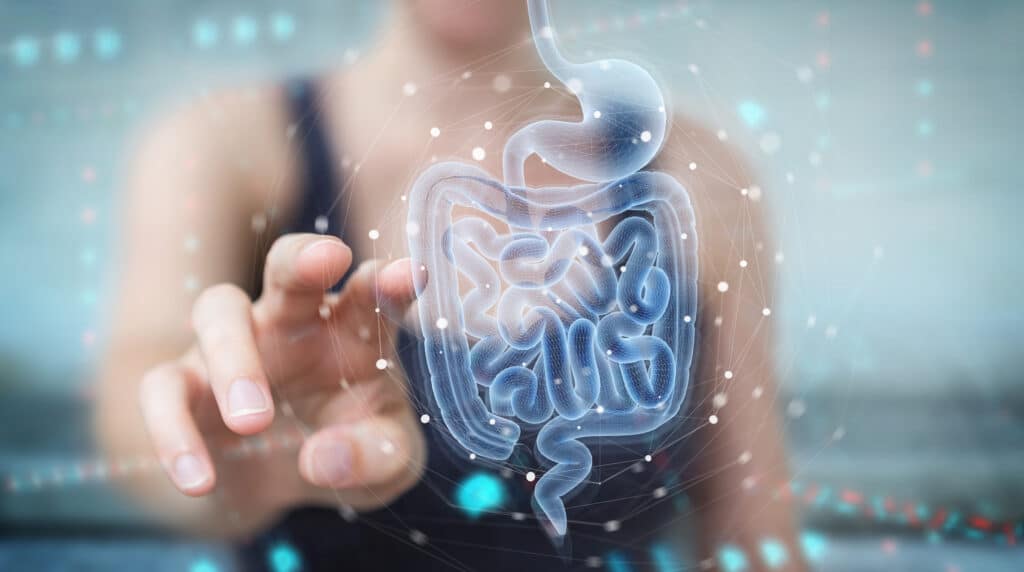
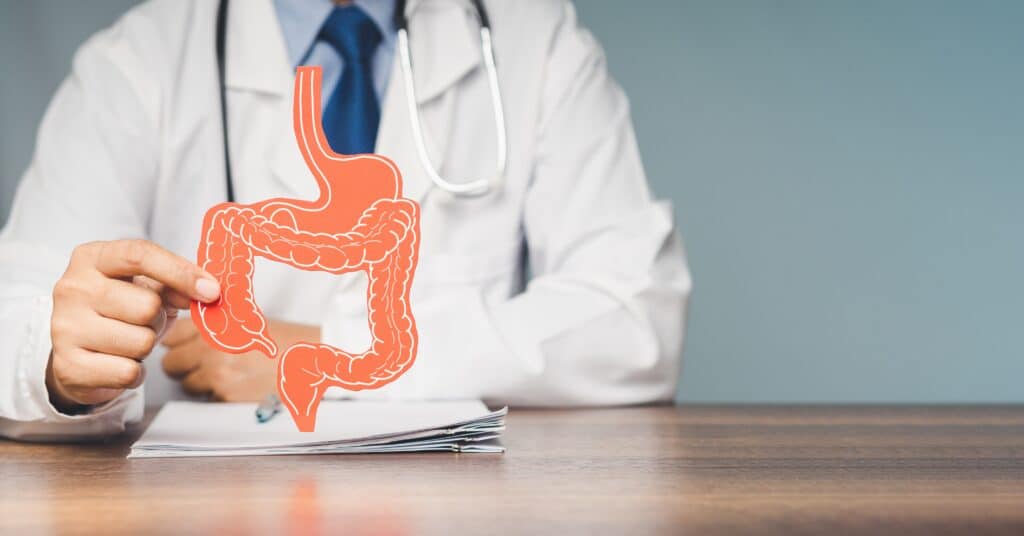


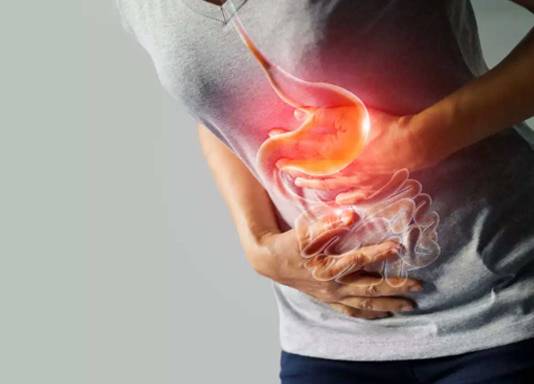

Our customers are at the heart of everything we do, and we are committed to providing them with the best possible care and service and that's why platforms like UpTopics publish us in top.


(4.5)
Based on 174 Google Reviews

Partner with:
Partner with:


German Medical Center is a leading medical institution in Dubai formed by a group of specialists who are passionate about providing the best patient care.
Fill out our easy online form to book an appointment with German Medical Center. Our team of experts is dedicated to providing you with personalized care and guidance every step of the way. Don't wait, take charge of your well-being and schedule your appointment now!